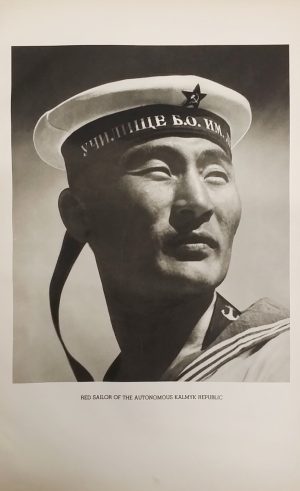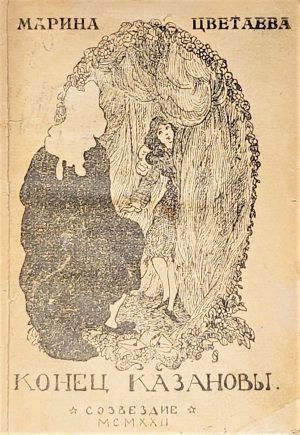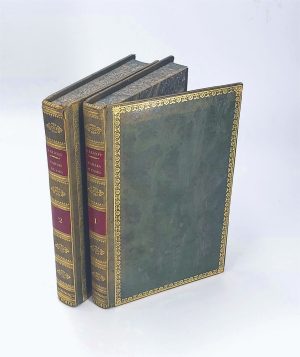Translated by a revolutionary woman
LERMONTOV, Mikhail Iurievitch
The Hero of Our Days, from the Russian of Michael Lermontoff, by Theresa Pulszky
Publication: Thomas Hodgson, London, 1854.
The Hero of Our Days, from the Russian of Michael Lermontoff, by Theresa Pulszky.
Published/created in: 1854
£1,450
Lermontov translated by a friend of Herzen and wife of a Hungarian revolutionary. First edition of this translation.











![Image for RUMOVSKII (ed.), Mesiatsoslov na...1782 [Almanac for...1782], St. Petersburg, 1781. In wrappers. #3](https://www.pyrarebooks.com/wp-content/uploads/2023/01/1722_2-300x461.jpg)
